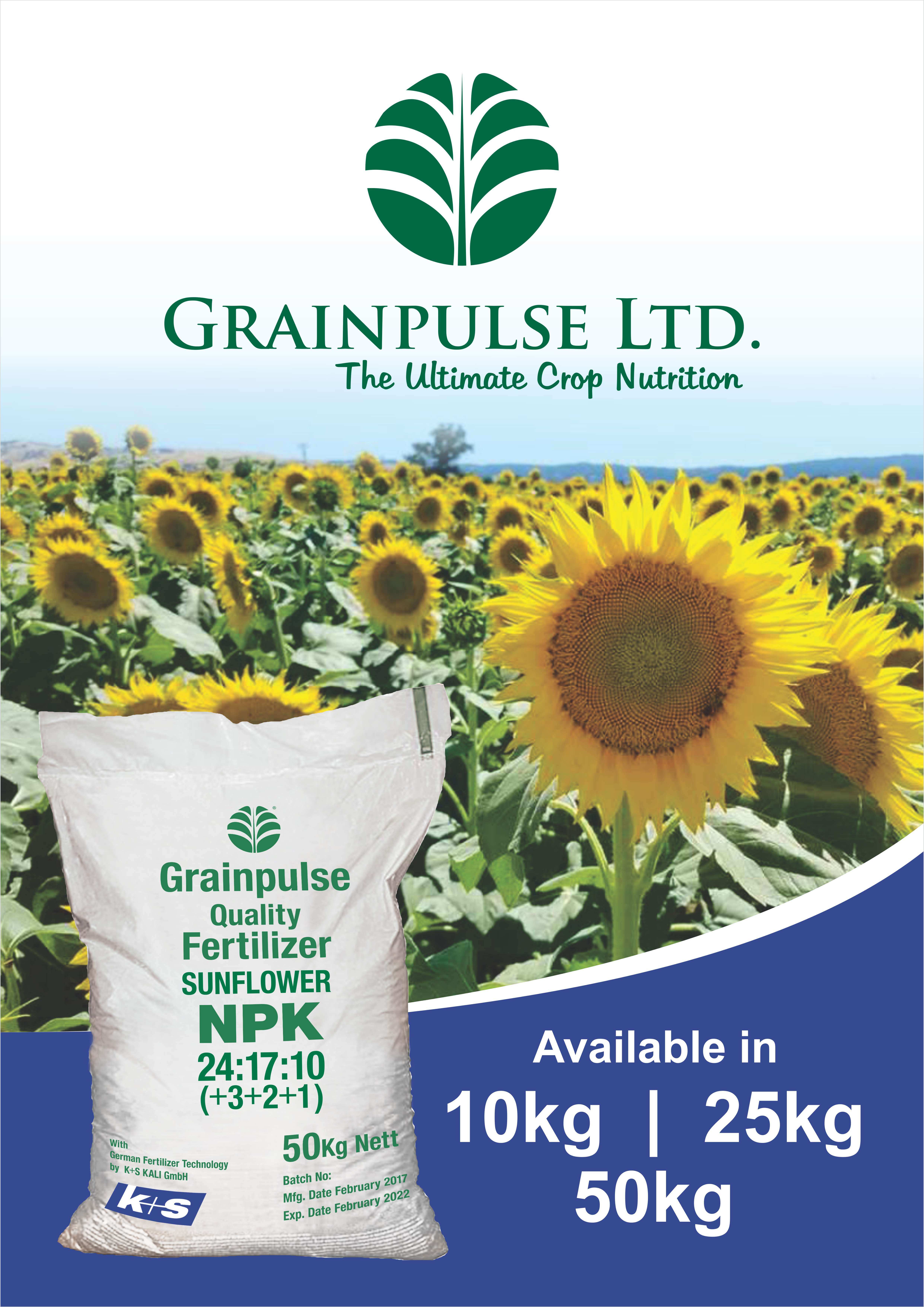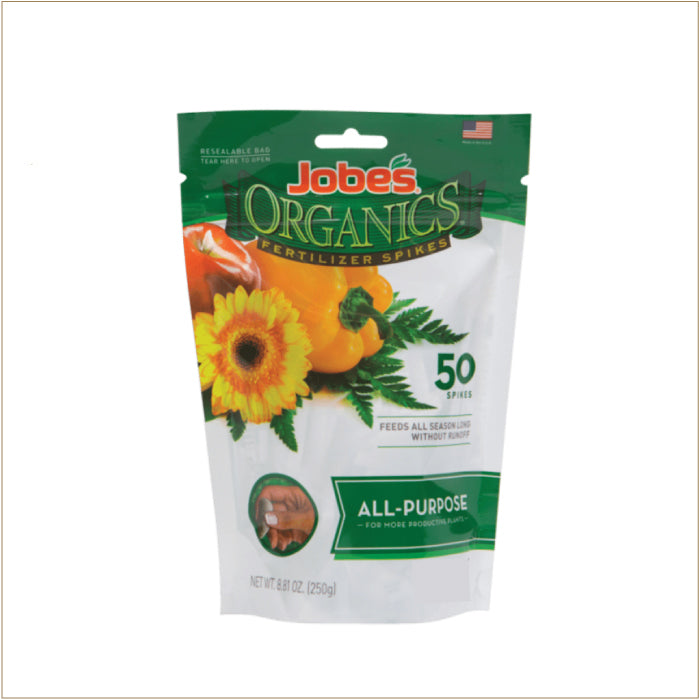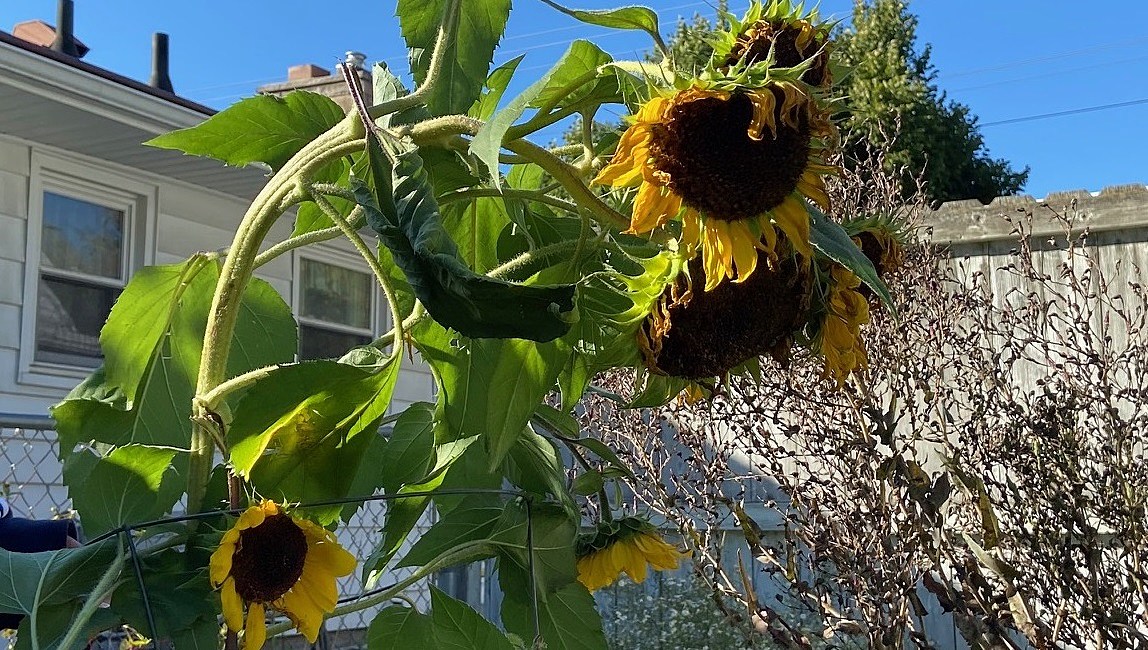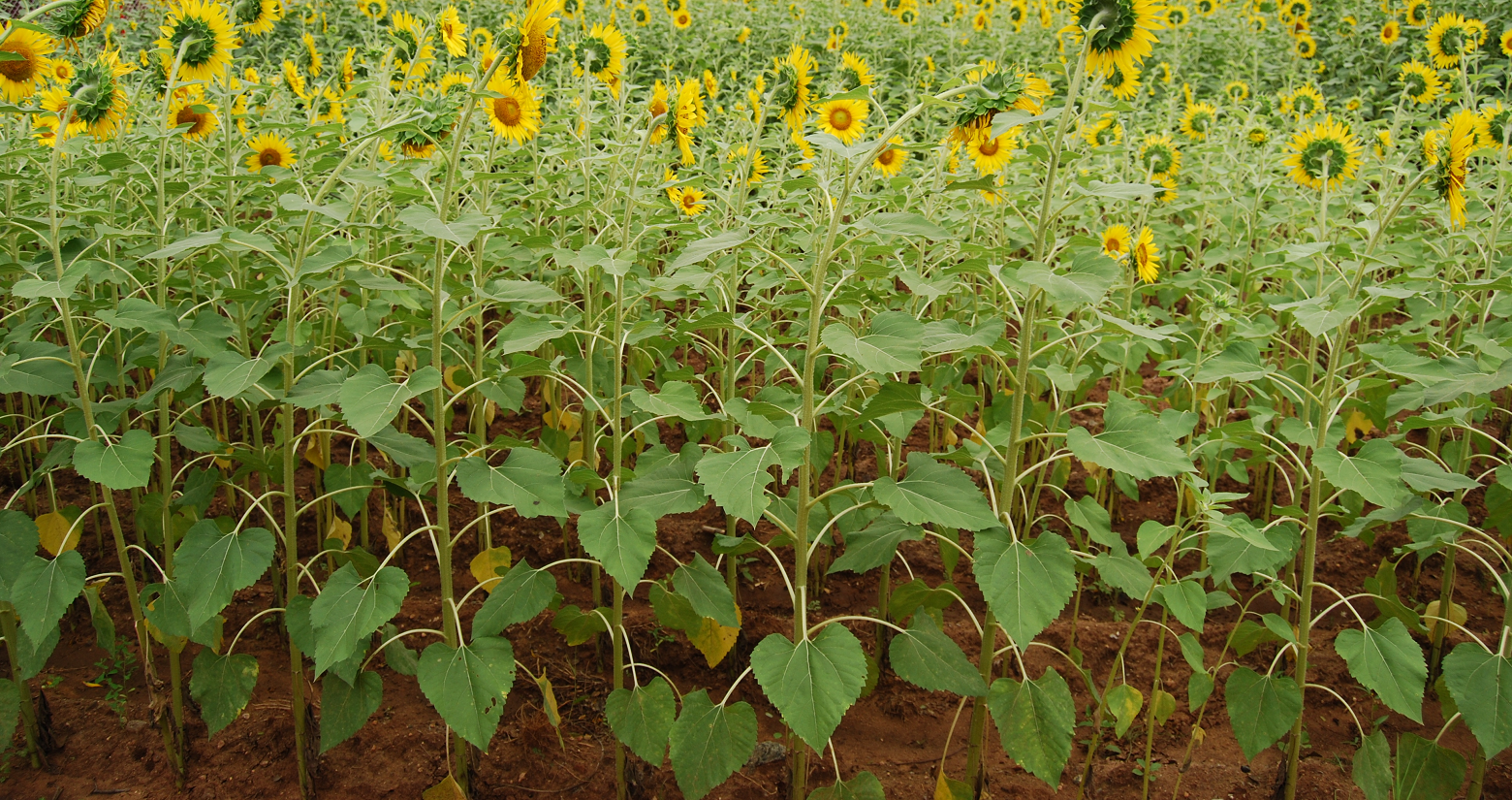Best Sunflower Fertilizer For
Title: The Best Sunflower Fertilizer for Growing Big, Healthy Flowers
Introduction:
Sunflowers are one of the most popular flowers in the world, and for good reason. They're tall, cheerful, and easy to grow. But even though sunflowers are relatively low-maintenance plants, they still need a little bit of fertilizer to help them reach their full potential.
The best fertilizer for sunflowers will provide them with the nutrients they need to grow big, healthy flowers. It should also be easy to use and affordable. In this blog post, we'll take a look at some of the best sunflower fertilizers on the market and help you choose the right one for your needs.
Main Content:
There are a few key nutrients that sunflowers need in order to grow well. These include:
- Nitrogen: Nitrogen is essential for plant growth. It helps to promote leaf production and green growth.
- Phosphorus: Phosphorus helps to promote root development and flowering.
- Potassium: Potassium helps to strengthen the plant's stems and leaves. It also helps to improve the plant's resistance to disease.
When choosing a fertilizer for sunflowers, it's important to look for one that contains a balanced amount of these nutrients. A good fertilizer for sunflowers will have an NPK ratio of around 20-30-20. This means that it will contain 20% nitrogen, 30% phosphorus, and 20% potassium.
There are a variety of different sunflower fertilizers available on the market. Some of the most popular brands include:
- Miracle-Gro
- Espoma
- Osmocote
- Dyna-Gro
- Jobe's
These fertilizers are all available in a variety of forms, including granular, liquid, and water-soluble. Granular fertilizers are the most common type of fertilizer for sunflowers. They're easy to apply and can be spread evenly over the soil around the plant. Liquid fertilizers are also a good option for sunflowers. They're easy to mix with water and can be applied directly to the soil or the plant leaves. Water-soluble fertilizers are the most convenient type of fertilizer for sunflowers. They can be easily dissolved in water and applied to the soil or the plant leaves.
No matter which type of fertilizer you choose, it's important to follow the instructions on the label carefully. Over-fertilizing sunflowers can actually damage the plants.
Conclusion:
With the right fertilizer, you can help your sunflowers grow big, healthy flowers. By choosing a fertilizer that contains the right balance of nutrients and following the instructions on the label, you can ensure that your sunflowers get the nutrients they need to thrive.
Here are some additional tips for fertilizing sunflowers:
- Fertilize your sunflowers once a month during the growing season.
- Apply the fertilizer to the soil around the plant, not directly to the plant leaves.
- Water the fertilizer in after you apply it.
- If you're using a granular fertilizer, you may need to rake it into the soil after you apply it.
With a little care and attention, you can easily grow big, beautiful sunflowers with the help of the right fertilizer.
Are you looking for the best fertilizer for your sunflowers? Visit Home Gardening for more information about our sunflower fertilizer. Our fertilizer is specially formulated to support healthy growth and development in sunflowers, and it will help your sunflowers reach their full potential. We offer a variety of fertilizer options to choose from, so you can find the perfect one for your needs. Plus, our customer service team is available to answer any questions you may have.
Visit Home Gardening today to learn more about our sunflower fertilizer and to place your order.
FAQ of sunflower fertilizer
- What type of fertilizer do sunflowers need?
Sunflowers need a balanced fertilizer that provides nitrogen, phosphorus, and potassium. The exact amount of fertilizer you need will depend on the type of sunflower you are growing, the soil quality, and the climate. A good rule of thumb is to apply 60-80-60 pounds of N-P2O5-K2O per acre for hybrid sunflowers, and 30-40-30 pounds per acre for varieties. You can apply the fertilizer in the spring before planting, or in the fall before the ground freezes.
- When should I fertilize sunflowers?
Sunflowers should be fertilized twice during the growing season. The first time should be in the spring, when the plants are about 6 inches tall. The second time should be in the summer, when the plants are in full bloom. You can use a liquid fertilizer or a granular fertilizer. If you are using a liquid fertilizer, apply it to the soil around the base of the plants. If you are using a granular fertilizer, spread it evenly over the soil and then water it in.
- How much fertilizer should I use?
The amount of fertilizer you need to use will depend on the type of fertilizer you are using, the size of your sunflower plants, and the soil quality. A good rule of thumb is to follow the directions on the fertilizer label.
- What are the signs of sunflowers needing fertilizer?
Sunflowers that need fertilizer will often appear pale and stunted. They may also have fewer flowers or smaller flowers than healthy sunflowers. If you notice any of these signs, it is time to fertilize your sunflowers.
- What are the side effects of over-fertilizing sunflowers?
Over-fertilizing sunflowers can lead to a number of problems, including:
* Leaf burn
* Stunted growth
* Reduced flowering
* Increased susceptibility to pests and diseases
If you think you may have over-fertilized your sunflowers, it is important to flush the soil with water. This will help to remove excess fertilizer from the roots of the plants.
- What are some organic fertilizers that I can use for sunflowers?
There are a number of organic fertilizers that you can use for sunflowers, including:
* Manure
* Compost
* Bone meal
* Fish meal
* Blood meal
These fertilizers are all slow-release, which means they will provide nutrients to your sunflowers over a long period of time. They are also less likely to burn your plants than synthetic fertilizers.
Image of sunflower fertilizer
10 different images of sunflower fertilizer that are free to use:
- A bag of sunflower fertilizer. The bag is green with a yellow sunflower logo. The fertilizer is labeled as a slow-release fertilizer that is high in nitrogen and phosphorus.

- A liquid sunflower fertilizer. The liquid fertilizer is clear with a yellow tint. It is labeled as a foliar fertilizer that can be applied to the leaves of sunflower plants.

- A granular sunflower fertilizer. The granular fertilizer is small, brown pellets. It is labeled as a slow-release fertilizer that can be applied to the soil around sunflower plants.

- A sunflower fertilizer spike. The fertilizer spike is a long, thin tube filled with fertilizer. The spike is inserted into the soil near sunflower plants and releases fertilizer over time.

- A sunflower fertilizer donut. The fertilizer donut is a round, flat piece of fertilizer. The donut is placed in the soil around sunflower plants and releases fertilizer over time.

- A sunflower fertilizer tea. The fertilizer tea is made by steeping sunflower plant leaves in water. The tea can be applied to sunflower plants as a foliar fertilizer.

- A sunflower fertilizer compost. Sunflower fertilizer compost is made by composting sunflower plant materials, such as leaves, stems, and flowers. The compost can be applied to sunflower plants as a soil amendment.

- A sunflower fertilizer slurry. The fertilizer slurry is made by mixing sunflower fertilizer with water. The slurry can be applied to sunflower plants as a foliar fertilizer or soil drench.

- A sunflower fertilizer spray. The fertilizer spray is made by mixing sunflower fertilizer with water in a spray bottle. The spray can be applied to sunflower plants as a foliar fertilizer.

- A sunflower fertilizer drip. The fertilizer drip is a system of tubes that delivers fertilizer to sunflower plants slowly and evenly.

Post a Comment for "Best Sunflower Fertilizer For"